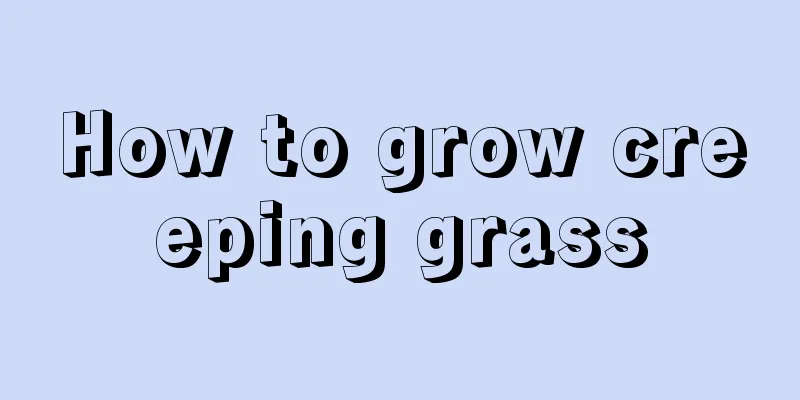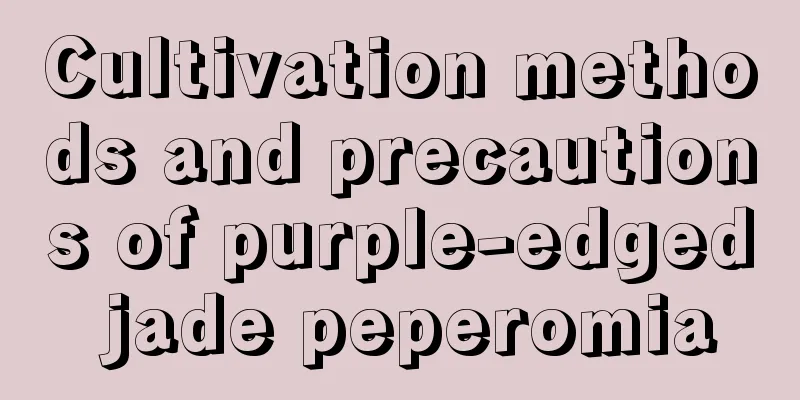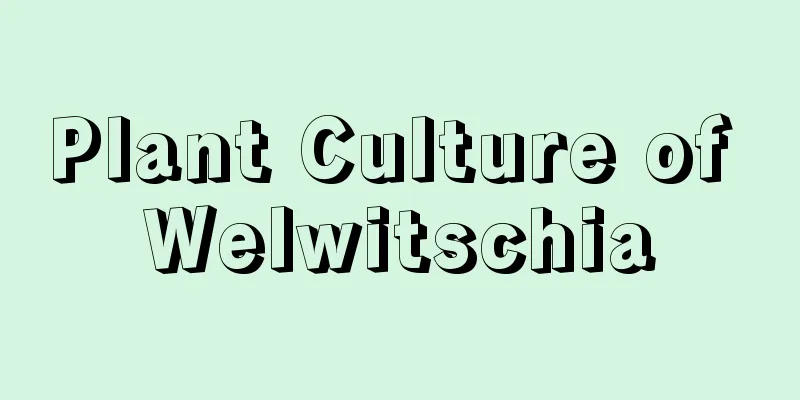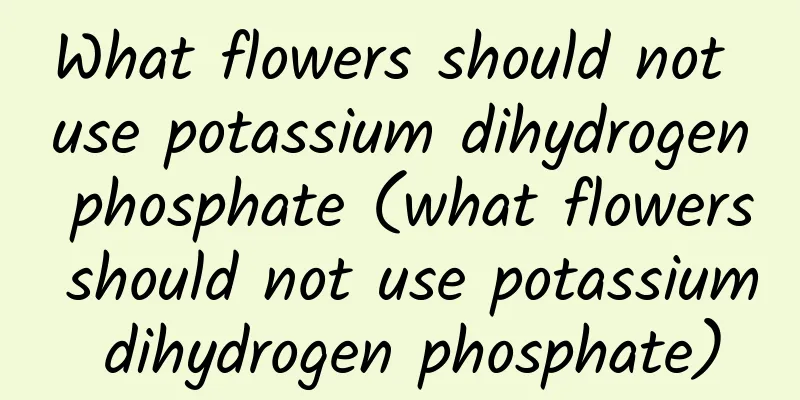Specific medicine for preventing and controlling goosegrass (what herbicide can kill goosegrass in rice fields)
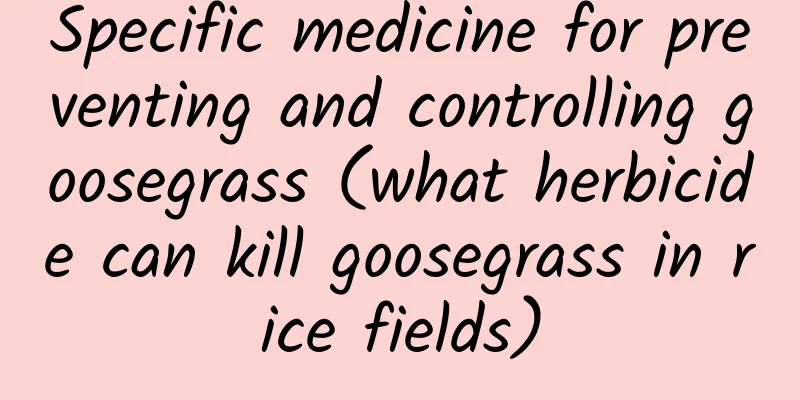
|
As more and more types of pesticides are available on the market, the weed control effect is getting better and better. However, there are several weeds that are not effectively controlled by a single herbicide and need to be controlled by other herbicides. This type of grass is highly adaptable to the soil and will grow wildly when there is sufficient rain, competing with crops in the fields for water and nutrients. Farmers get a headache when they see them. Such weeds include water peanut, reed, thatch, cyperus rotundus, goosegrass and field bindweed, etc., which are also the weeds that cause great harm to our summer crops. These weeds have well-developed root systems and strong adaptability. Some of them can even reproduce through their roots, stems and leaves. They have strong reproductive capacity and are often called the "king of vicious weeds" by farmers. Let's learn how to effectively get rid of them. Introduction of GoosegrassBermuda grass is very troublesome. It competes with crops for fertilizer in the fields. It has a very developed root system and its roots, stems and leaves can reproduce at an extremely fast speed. Moreover, it is very resistant to heat and drought. Even if crops die of drought, it will still grow well. We pulled it out by hand, but it was very tough and difficult to root out. Usually we use 40ml of 10.8% highly effective flupyralid with glyphosate or glufosinate ammonium for prevention and control. Methods of controlling goosegrass1. Goosegrass in non-arable land and between orchard rowsWe can use glyphosate to get rid of it in non-arable land, but glyphosate cannot be used in orchards. It is recommended that farmers use 36% glycyrrhizic acid/glufosinate aqueous solution (300-400 ml) + 50 kg of water per mu and spray it evenly on the beef grass . Do not spray the soil, which will waste pesticides and the effect is not ideal. This formula can effectively eradicate cattle grass by its roots, and its effectiveness lasts for a very long time, up to about 50 days under normal conditions. We can also use 20% glufosinate soluble concentrate (100-200 ml) + 24% clethodim emulsifiable concentrate (30-60 ml) + 30 kg of water per acre and spray on the stems and leaves of weeds during the vigorous growth period of weeds. It can effectively eradicate cattle grass and the effect lasts for about 45 days. 2. Goosegrass in soybean and peanut fieldsWe cannot use glyphosate on weeds in the field. We recommend that farmers use 10.8% high-efficiency fluazifop-butyl emulsifiable concentrate (30-50 ml) per acre when the weeds are in the 2-5 leaf stage. If you feel that the single-use effect is not so ideal, we can also use 24% clethodim EC (20-30 ml) + 30 kg of water per mu to spray the weeds. The weeds will die after 7 days, and the lasting effect is up to about 30 days. 3. Goosegrass in corn fieldsThe cowgrass in the corn fields is also a big headache. If left unchecked, it will become even more rampant next year. Therefore, it is recommended that farmers use 30% nitrate, tobacco, and atrazine dispersible oil suspension (120-160 ml) + 15-20 kg of water per acre for spraying to eliminate Oxford grass when the corn grows to the 3-5 leaf stage in summer. |
Recommend
In which month should winter be planted?
As a plant that prefers warm and humid environmen...
Which month is best for transplanting peonies?
Peony is a very beautiful flower . It is said to ...
How many years does the yew tree bear fruit?
Introduction to Planting Yew Yew is widely plante...
What to do if the leaves of succulent plants become soft
Frostbite Slight frostbite: leaves become hydrate...
Why doesn't hyacinth grow roots?
1. Reasons 1. Poor quality Many flower lovers acc...
Common Pests of Impatiens and Their Control Methods
Common pests of Impatiens: root-knot nematodes Pe...
Can I grow lotus at home?
Can I grow lotus at home? You can plant lotus at ...
What kind of flowerpot is suitable for crabapple
What flowerpots are suitable for crabapple flower...
How to prune crabapple trees
How to prune the branches of a crabapple tree It ...
How many jasmine plants should be planted in one pot and how should they be grown?
1. How many plants can be grown in one pot? Gener...
Can the green radish survive if its leaves become soft?
1. Keep warm Reason: The temperature is too low i...
Can the top of lucky bamboo be trimmed? How to pinch the tip
1. Can the top of lucky bamboo be trimmed? The to...
Is the Verbena serrata poisonous?
1. Is it toxic? Many people want to know whether ...
How often should I water the palm of hand?
How often should I water the palm of hand? For ne...
Are cherries cherries? What is the difference between cherries and cherries?
Cherries are not cherries. There are many differe...
